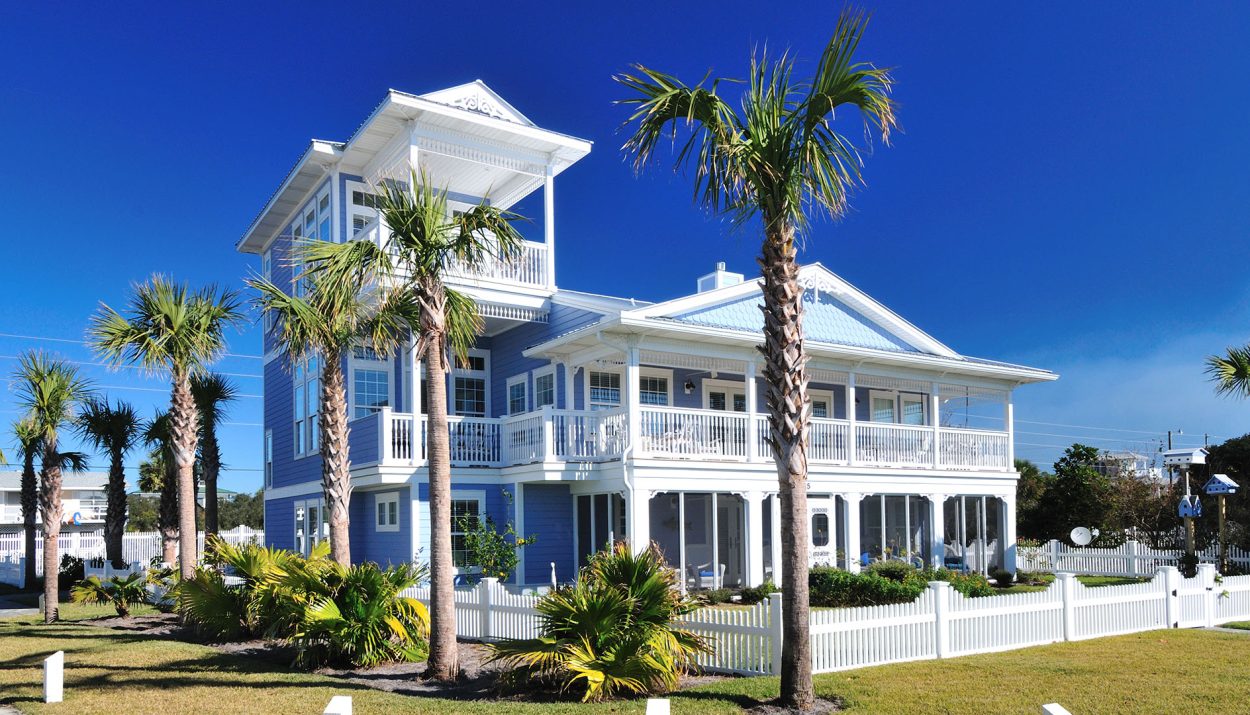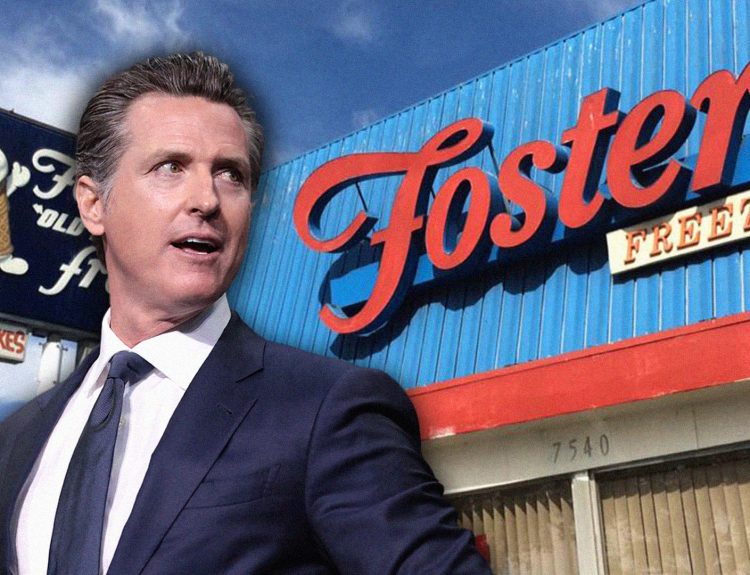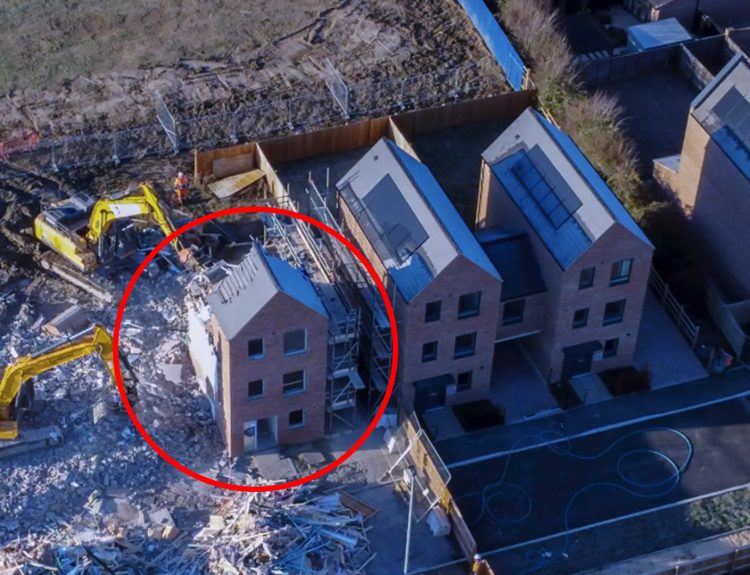Airbnb has revolutionized housing just like how Uber changed transportation forever. They’ve made it easier for travelers to find more affordable and comfortable alternatives to hotels with just a few clicks.
However, Florida feels this innovation needs further regulations. Therefore, they’ve made a proposal that could give the state power over the rentals available on the platform. Naturally, people are outraged as some see it as an unnecessary development.
Florida’s New Legal Proposal
Florida aims to add more regulations to platforms like Airbnb and Vrbo that allow people to share their housing. The new suggestion is called Bill SB 280, and if passed into law. Can give state authorities more power to regulate how people list their property.

Essentially, it’s an overhaul of the city’s regulations for short-term vacation spots. The last time a modification like this was done was in 2016. So, what does this new bill suggest?
About The New Bill SB 280
The new bills first limit how people spend the night in these short rentals. Essentially, only two people can stay in a bedroom, and the same number applies to the common area. Why is it necessary?

Many Airbnb users are enraged and confused at this new rule. Some have questioned the reason for having two people in the bedroom and common room. Is it for safety reasons? If so, what issues were reported that led to the decision?
Rental Owners Must Register With The Government
The next rule states that Airbnb owners must register their property with the government before uploading it on the website. This action most likely changes the house’s status from a private home to a business.

Therefore, it’s possible that the era of listing your home on Airbnb for a quick buck is over. If users want to make money, they will be forced to operate like real businesses now.
Rentals Must Have Someone For Emergencies
Florida also requires these short-term rentals to have someone available 24:7. The individual’s job is to respond to renters’ complaints or emergencies. What’s the problem here?

Most Airbnb typically rent their homes out while on vacation. So, having someone there 24:7 would mean either hiring someone or being there in person to manage the affairs. That sounds like a major inconvenience.
What If You Fail To Comply?
These rules took renters by storm, and it might take time to fully understand all the rules. But what happens if you don’t meet these new requirements once the bill becomes law? Simple, you face a fine.

The bill proposed a fine of $500 for rental owners who failed to follow this bee law. However, there’s a grace period. Offenders have 15 days to resolve the issue before being penalized by the state.
How The State Plans To Enforce The Rule
Florida’s Department of Business and Professional Regulation (DBPR) plans to hire nine extra officers. These officials will inspect every vacation rental in the state, ensuring they meet the new standards.

The bills seem to be all set. But, some people aren’t confident about the numbers, especially Brevard County Republican Randy Fine.
‘There Will Be Nine People’
Brevard County Republican Randy Fine criticized the idea of having nine people inspect the rentals in the state. He gave his options in an interview, saying:
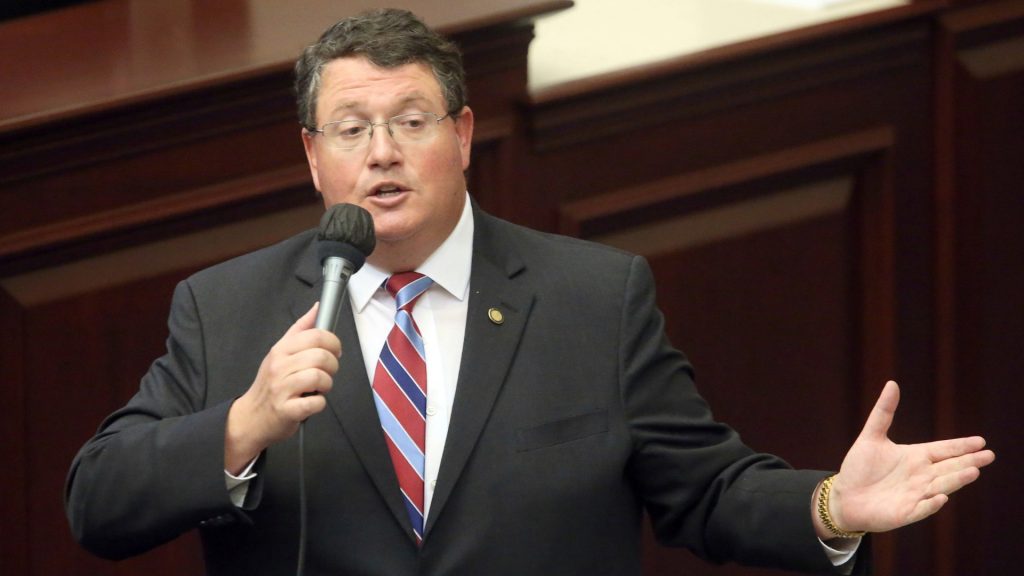
“There will be nine people – not in your homes. Not in your neighborhoods, not in your counties. Not in your cities – there’ll be nine people here [in Tallahassee]. I know the person who sits in my City Hall cares about problems with vacation rentals. I don’t trust that somebody up here will.”
The DBPR Will Set Up A Database Itself
Some criticize that the numbers may be too small to fully cover the number of short-term rentals in Florida. What’s worse is that these people will have to set up the database themselves and then keep up with the changes.
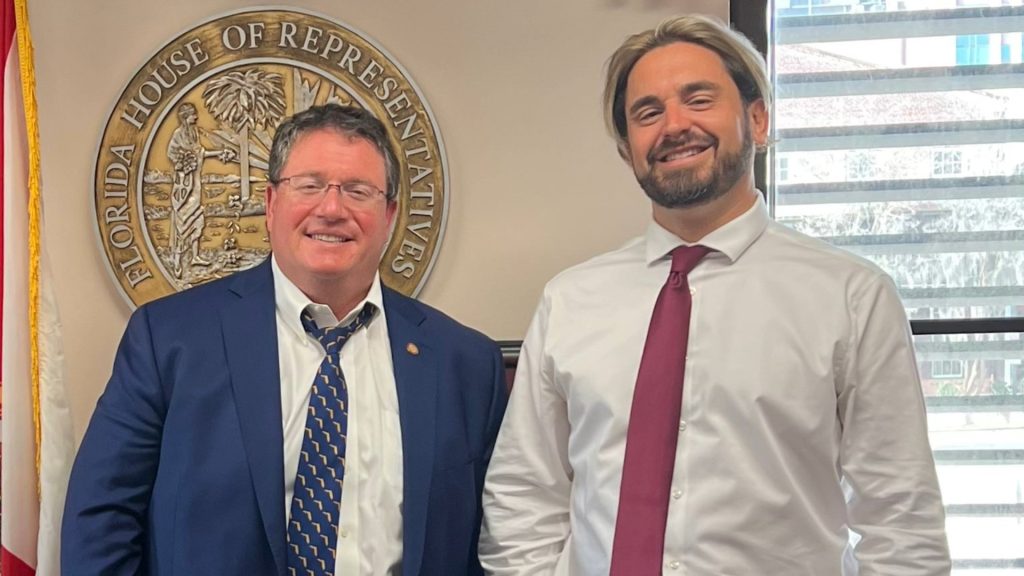
The criticism claims this may take too much time considering the number of rentals in Florida. On the other hand, the quality of inspections will be weak, which may defeat the purpose.
Short-Term Rentals Are A Big Deal In Florida
Are short-term rentals such a big deal in Florida? Yes. The availability of short-term stays has attracted over 100 million American tourists every year since 2019. The number even went higher in 2023, reaching 122.89 million tourists.
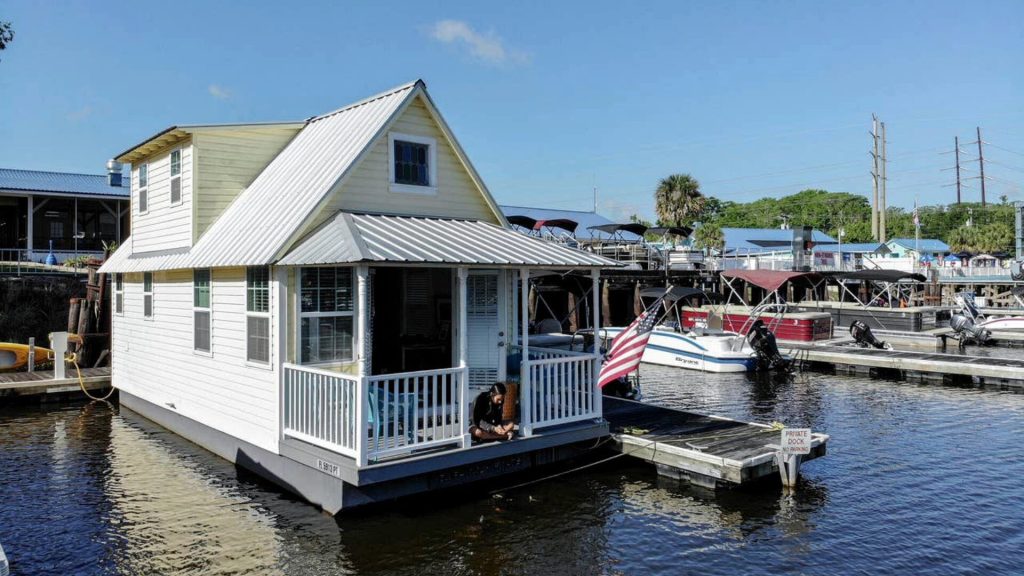
As for overseas tourists, the number is usually less than 10 million. Meanwhile, about 3.8 million Canadians visit Florida for its short-term rentals.
Arguments Supporting The Bill
Some supporters of the new bill praise it for attempting to tackle the recent spike in housing. Essentially, the locals complain that these short-term rentals have made it harder to get homes for yearly rent.
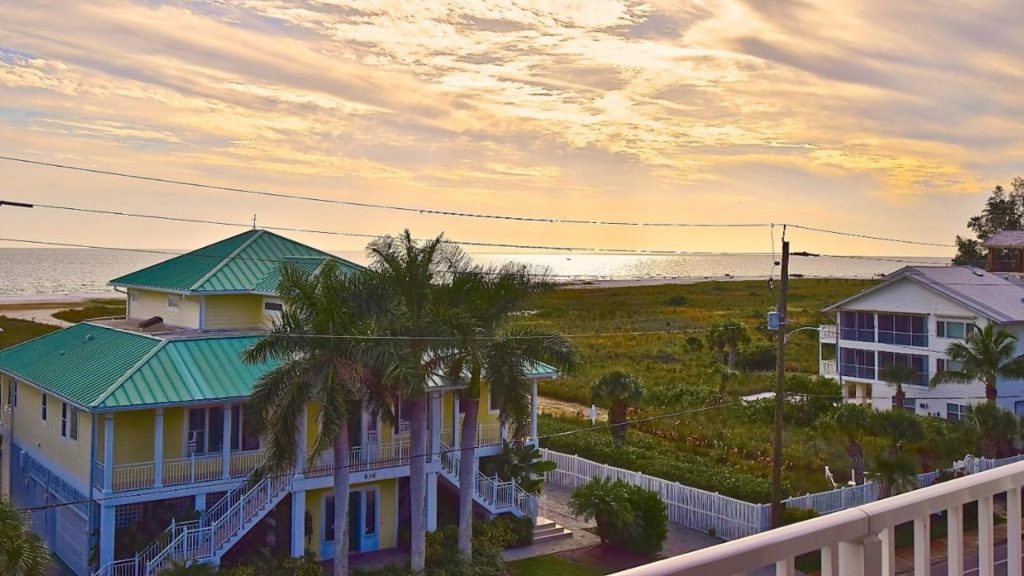
At the same time, posting these rentals on Airbnb contributes to housing costs. Therefore, they welcome this bill with open arms.
Arguments Against The Bill
While Airbnb may have contributed to the increase in housing costs, there’s not much detail to know the extent of this effect. On the other hand, people against the bill say the government is tampering with people’s businesses.

Airbnb offers passive income to homeowners. But the new recommendation may take from their profit or even make it hard to continue. Either outcome is unwanted, especially in this unstable economy.
Floridians Are Hostile Against The Bill
Several interviews and internet comments show Floridians are not happy about the recent development. They want Governor DeSantis to reject the bill.
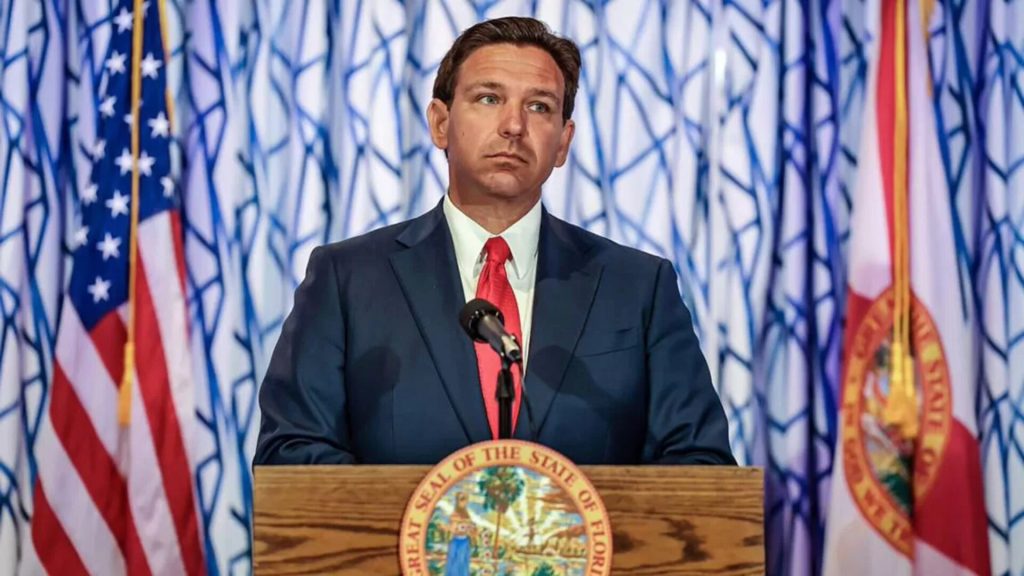
The governor’s spokesman gave his opinion on Vetoing the bill. He said: “Vetoing this bill will allow lawmakers and stakeholders more time to work together towards a better balance of private property rights and local government regulation of short-term rentals.”
The Rejection Is Widespread
So far, most Floridians are against the new proposal. Even the Florida Alliance for Vacation Rentals (FAVR) urged Governor DeSantis to veto the bill. They described SB 280 as “a unique example of very ‘imperfect’ legislation.”
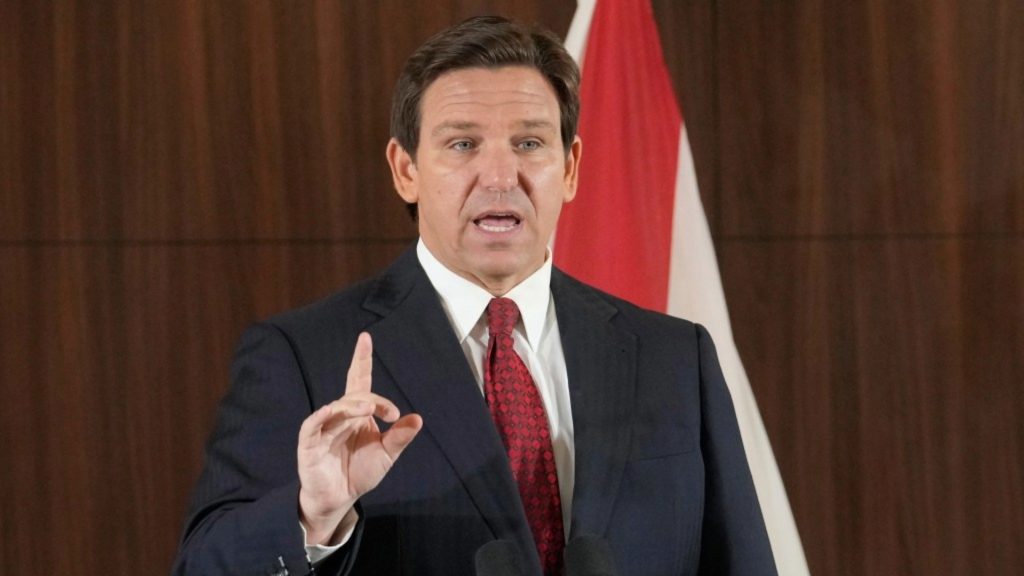
It’s also worth mentioning that these short-term rentals bring in $30 Billion for Florida yearly. Implementing the new law could destabilize this aspect, which may cause thousands to lose their jobs as the economy adjusts to the “unnecessary” changes.

